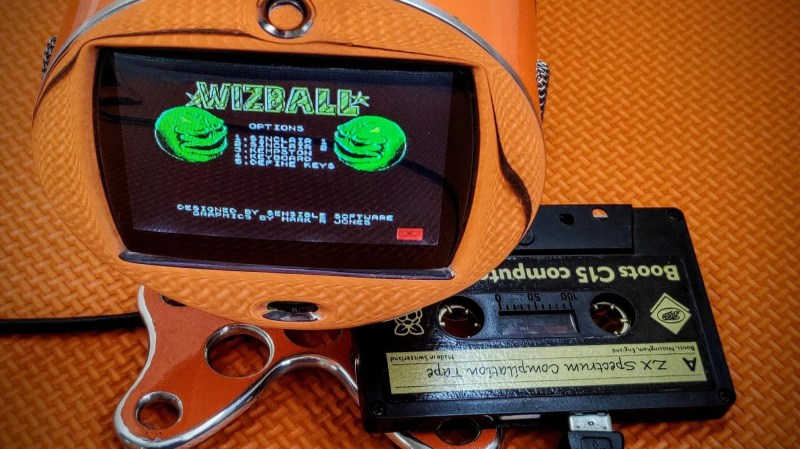A Raspberry Pi-Packing Cassette Powers This ZX Spectrum Emulator

Sometimes we are vaguely aware of the inexorable march of technological progress. Other times it thrums steadily under the surface while we go about our lives. And sometimes, just sometimes, …read more Continue reading A Raspberry Pi-Packing Cassette Powers This ZX Spectrum Emulator